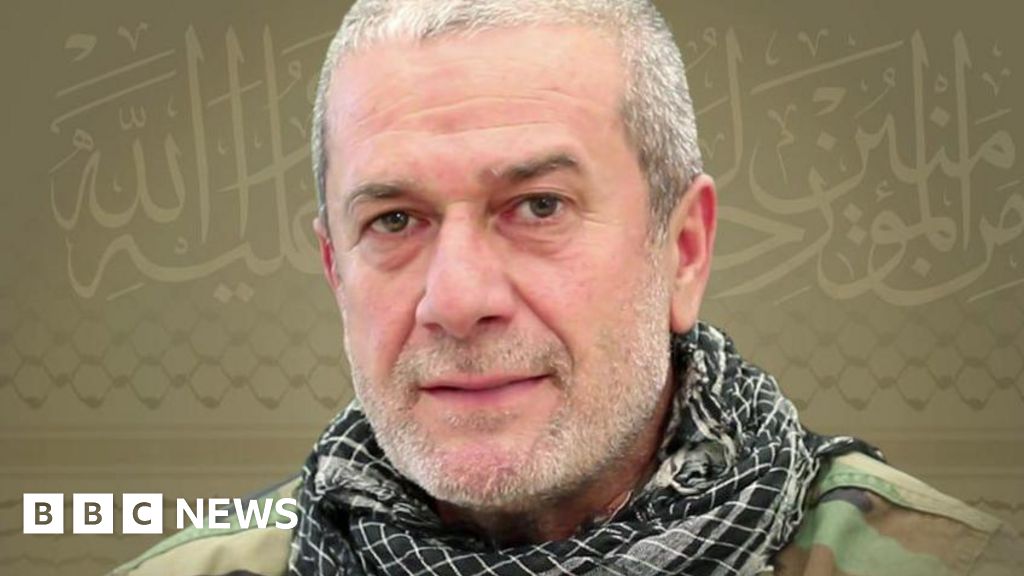Israel and Hezbollah are engaged in a volatile conflict that has escalated following the killing of a senior commander in Hezbollah, Muhammad Nimah Nasser, by Israeli forces. The incident has led to retaliatory rocket attacks from Hezbollah against Israeli military positions near the border.
Nasser was reportedly killed in an Israeli airstrike in southern Lebanon on July 3, 2024. He was a high-ranking member of Hezbollah and had previously commanded the group's special forces. Nasser was also involved in numerous attacks against Israel.
Following Nasser's death, Hezbollah launched over 100 rockets at Israeli military positions in retaliation. No injuries were reported from the rocket attacks on Israeli military positions.
The conflict between Israel and Hezbollah has been ongoing since October 2023, when violence erupted between Israel and Hamas in Gaza. The situation has raised concerns of an all-out war that could potentially involve Iran, which is Hezbollah's main backer.
International diplomats are working to prevent the conflict from escalating further. The UN and US have warned of the potentially catastrophic consequences of a war between Israel and Hezbollah, as well as the potential for it to draw in other regional powers.
Israeli officials have repeatedly warned that they will use military force to restore security along the northern border if diplomacy fails. Defence Minister Yoav Gallant has stated that Israel prefers an arrangement but is prepared to take any action required in Lebanon or reach an arrangement from a position of strength.
Hezbollah, which is heavily armed and long seen as a significantly superior foe to Hamas, has said it does not want a full-out war with Israel and that it will observe any ceasefire in Gaza. However, the group's deputy leader Naim Qassem has warned that its response and resistance will not be within a ceiling or rules of engagement set by Israel.
So far, over 400 people have been reported killed in Lebanon, mostly Hezbollah fighters, and 25 people in Israel, mostly soldiers. Tens of thousands from communities on both sides of the border have also been displaced.






